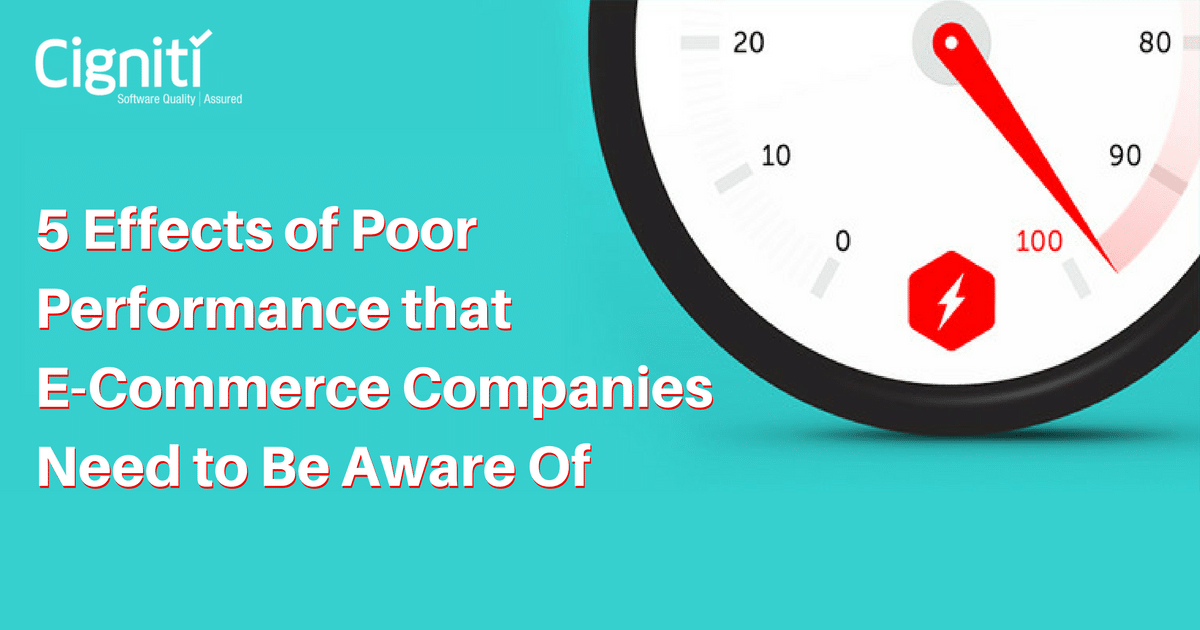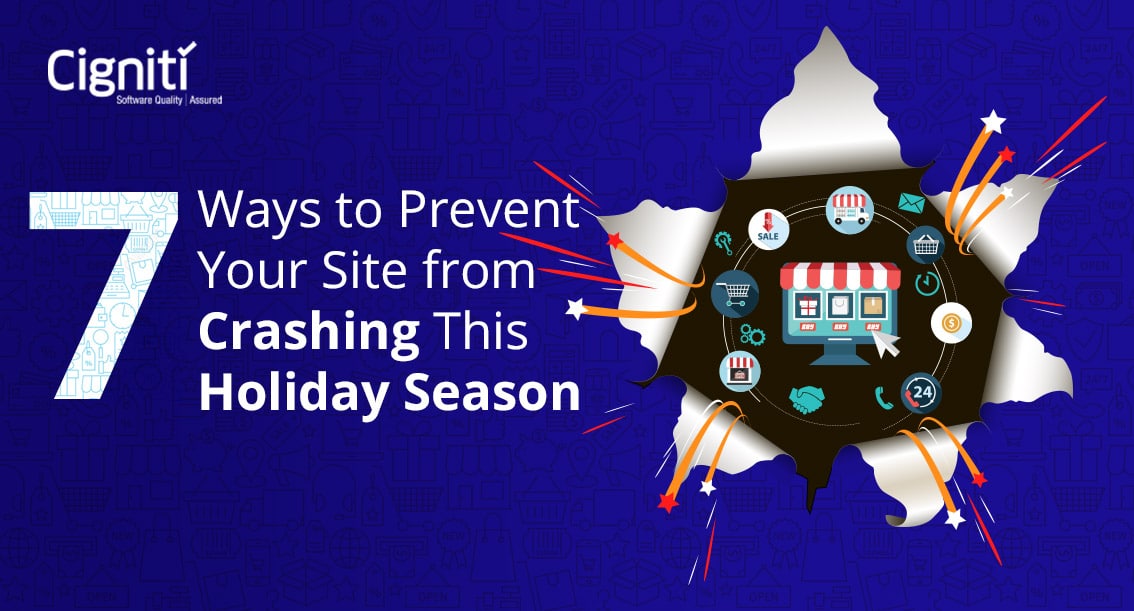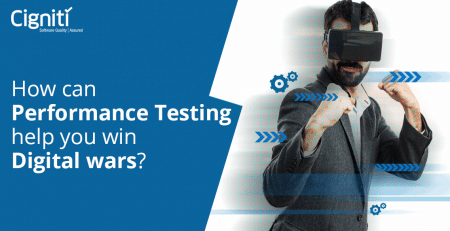4 key factors to consider in Performance Testing of E-commerce applications
|
Listen on the go!
|
The COVID-19 outbreak has altered the global consumer behavior all across the world. In-store purchase rates have steeped to the bottom while online shopping has become the primary choice of the shoppers.
Given the upcoming holiday season, which also marks the biggest shopping event of the year, retailers cannot be prepared enough to deal with the potential swarm of traffic on their online outlets.
Traditionally, with both the physical and online shopping options available, the traffic would get divided. Yet, every year there are several reports of website crashes and ecommerce fiascos when there is a sudden surge in the volume of online shoppers.
This year when most physical outlets are shut due to the COVID-19 lockdowns, we can expect that the online shopping trends will see a tremendous rise as compared to the previous years.
As per Adobe’s recent Digital Economy Index (DEI), the e-commerce shopping levels during COVID-19 (April to May) were higher than what retailers saw during the 2019 holiday season (November to December). Indeed, consumers spent over $153 billion online in the last two months ($70.2 billion in April and $82.5 billion in May), which is 7% higher than the $142.5 billion spent online during November and December 2019. Additionally, the recorded online spend is $52 billion more than what retailers typically see during April and May.
When the shoppers are making more online purchases in the non-holiday season, imagine the hullaballoo during the peak holiday season.
Further, as more people are now shopping online, the rates of internet scams and online frauds are also increasing with FBI receiving 3,000 to 4,000 complaints every day as against the previous 1,000 complains per day. The number of complaints has gone up by 4 times, thereby, necessitating the need for robust security measures too for the ecommerce platforms.
While setting up the online shop for the coming months of popular holidays, it is important that the ecommerce application and all retail software applications are thoroughly tested and optimized for multiple aspects such as performance, functionality, and security. Performance testing of ecommerce and retail applications will help you prevent any embarrassing failures when there is a heavy inflow of the online traffic.
What to consider while performance testing your e-commerce applications
E-tailers have always grappled with the problem of never being able to accurately predict the number of visitors that can come to their site at any point of time. E-commerce history is replete with incidents when websites have performed poorly or even buckled under a sudden rush of traffic, leaving shoppers stranded and causing a dip in the brand image of the retailer.
So, what can retailers do to ensure their sites hold up against a sudden shopping frenzy or a higher than expected traffic? The answer lies in adopting a performance testing strategy that takes into account the following key considerations:
Checking performance across geographies: E-retailers need to ensure that website performance is not impacted by the geographical location of their customers. Key work flows need to be tested for satisfactory performance across the customer base. Testing ahead of peak periods like the holiday season or before a grand sale is announced also helps businesses to deliver good customer experience. An important factor to consider is the variation in browsers and devices. This involves working with not just the technical team, but also the marketing team to understand the campaigns and promotions that will be executed.
Due attention to mobile: We are living in a mobile-first age. For most consumers, if a business is not on mobile, it does not exist. Performance testing for mobile ensures sites perform as desired and apps do not crash under peak loads. Using load generation software can help simulate peak loads. The biggest challenge in mobile testing is the huge variety in devices, networks, and platforms. The testing process needs to address performance issues arising as a result of these variations.
Test all transactions: Some transactions, such as product searches, tend to be more network intensive than others. Test such transactions across browsers and devices to ensure optimal transaction processing speed. Attention needs to be given to each and every user path possible. Needless to say, when critical operations on the website fail, they can seriously impact the sales targets.
Cloud–based testing: Cloud provides high scalability and can quickly simulate as many users as required without additional hardware. Most e-tailers shy away from adequate and repeated performance testing due to the high costs involved. Cloud makes performance testing affordable and also makes it possible to test from geographically diverse locations with minimum setup.
How can we help
The team of QA experts at Cigniti is uniquely positioned to deliver performance testing, performance monitoring, and performance engineering services to clients across industries.
Cigniti’s test automation framework improved a global retailer’s app performance by 55%. The client was using an ecommerce platform built on old technology and had several internal functionality gaps due to which it failed to complete the online orders successfully. The client was facing significant losses of cash revenue because of this inadequacy.
Having a strong grip on a range of tools and technologies, our testers developed a customized automation framework to seamlessly align with the existing technology stack of the client. With over 20 performance testing scripts and over 200 test automation scripts developed so far for component level testing, we implemented the shift-left approach for performance testing the web application.
With our tool-agnostic test automation framework, we achieved 100% in-sprint automation for the client’s web and mobile applications, while increasing the test automation coverage by 55%. The performance engineering approach of our testers made sure that quality is engineered into the application right from the beginning of the development cycle. This strategic shift resulted in early detection of up to 70% of the defects in the SDLC, leading to a 35% improvement in the application’s quality. We enabled 100% traceability to facilitate both backward and forward tracing of requirements through defects and vice versa.
Schedule a discussion with our experts to discuss your performance-related concerns.





Leave a Reply